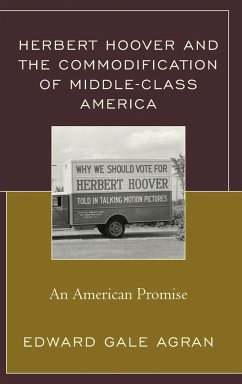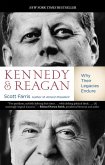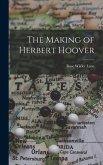Herbert Hoover rose from a rudimentary background to establish himself as a self-made millionaire and leading progressive reformer. Until the disaster that hit the nation in 1929, Hoover was known globally as the "Great Humanitarian" who had saved the lives of scores of millions of Europeans and Asians during and following WWI. As Secretary of Commerce through the twenties, the "Great Engineer" constructed, tooled, and fine-tuned the most powerful economy in the world. Hoover was celebrated as a representative product of America's rise to global domination and a formidable voice for progressivism who could finish the job in the White House. The Depression was Hoover's undoing, but historians recognize they must take account of his considerable contributions to the creation of "twentieth-century America." As we learn more of that America, Hoover makes "more sense." With due consideration of Hoover's accomplishments, one can further understand the construction of the American industrial and corporate economy, progressivism and the New Deal, and political posturing throughout the century. Equally significant, one can comprehend twentieth-century "cash-box" culture and Hoover's formidable contributions as a public servant to the commodification of American life. He endeavored to establish that all could fulfill a secure, middle-class life-in essence, achieve the "American Dream." This concept in part was created by Hoover, who also was considered one of the nation's public-relations geniuses. The political establishment continues to build upon the social and cultural foundation he laid. That foundation, while under stress, remains fundamentally sound as the nation enters the twenty-first century. The criticisms rained down upon American materialism echo dangers Hoover warned against. He subscribed to the maxim that a genuinely good society is not one premised upon material values; it is established upon a widely distributed sense of well-being grounded in service and compassion. Hoover never lost sight of the imperative of selflessness for the good of others, the nation, and oneself within an individualistically driven society rich in comforts and security. He sedulously worked to create a middle-class identity which spoke to material well-being and fundamental decency. A true believer, Herbert Clark Hoover energetically embraced the "American Promise."
Bitte wählen Sie Ihr Anliegen aus.
Rechnungen
Retourenschein anfordern
Bestellstatus
Storno








